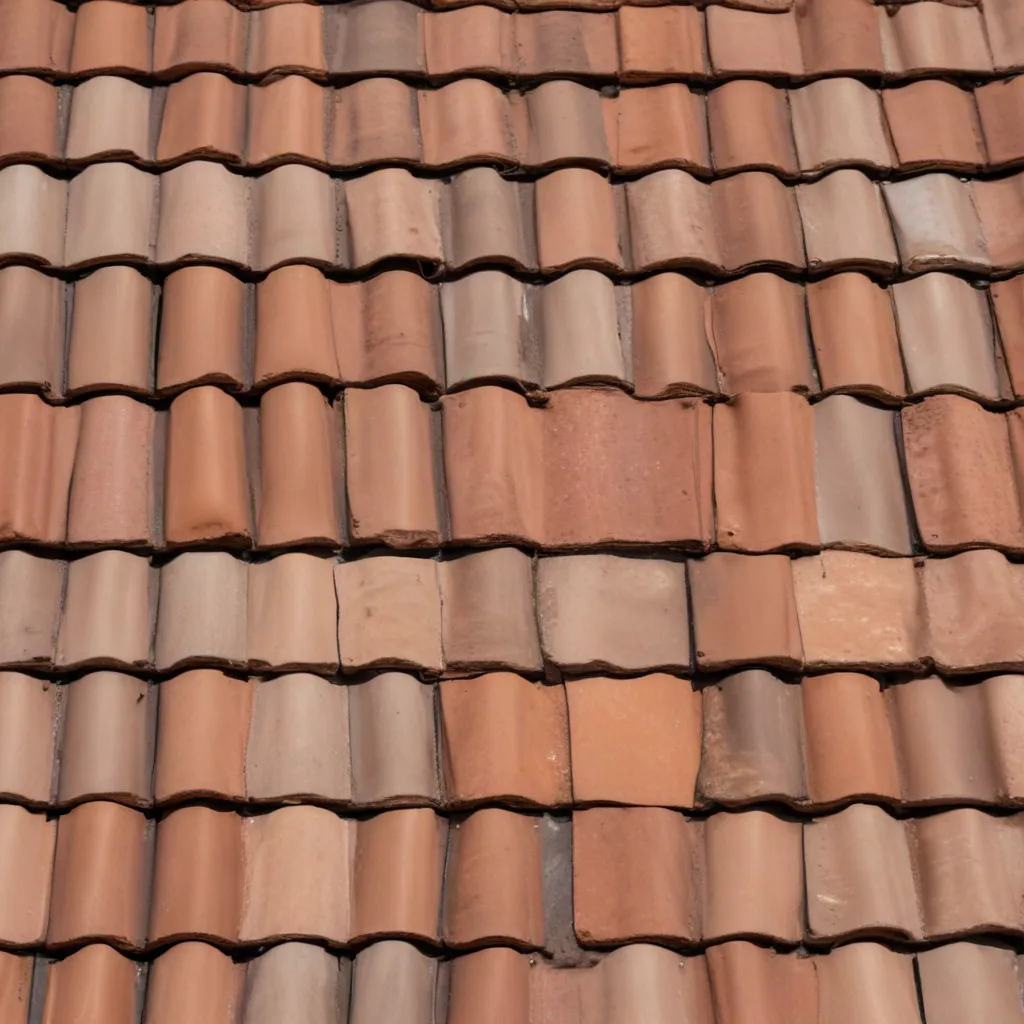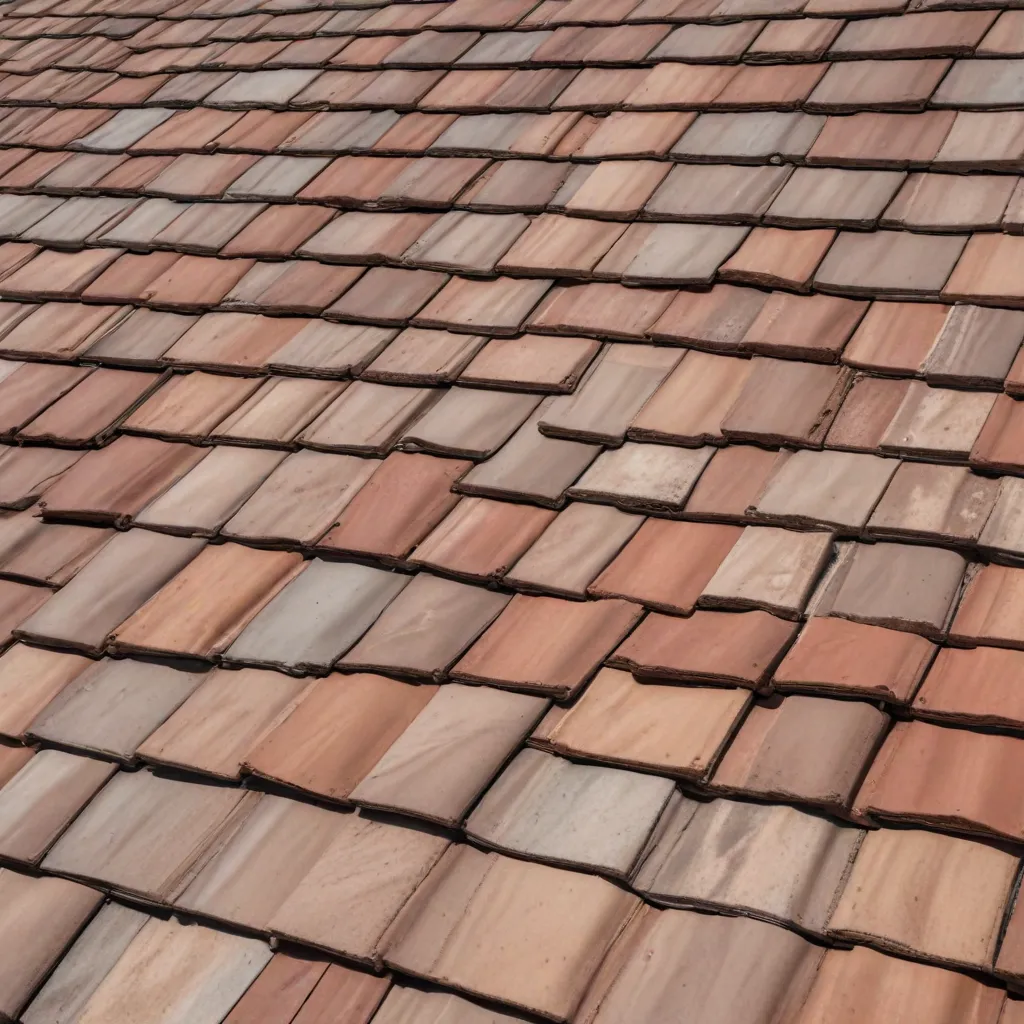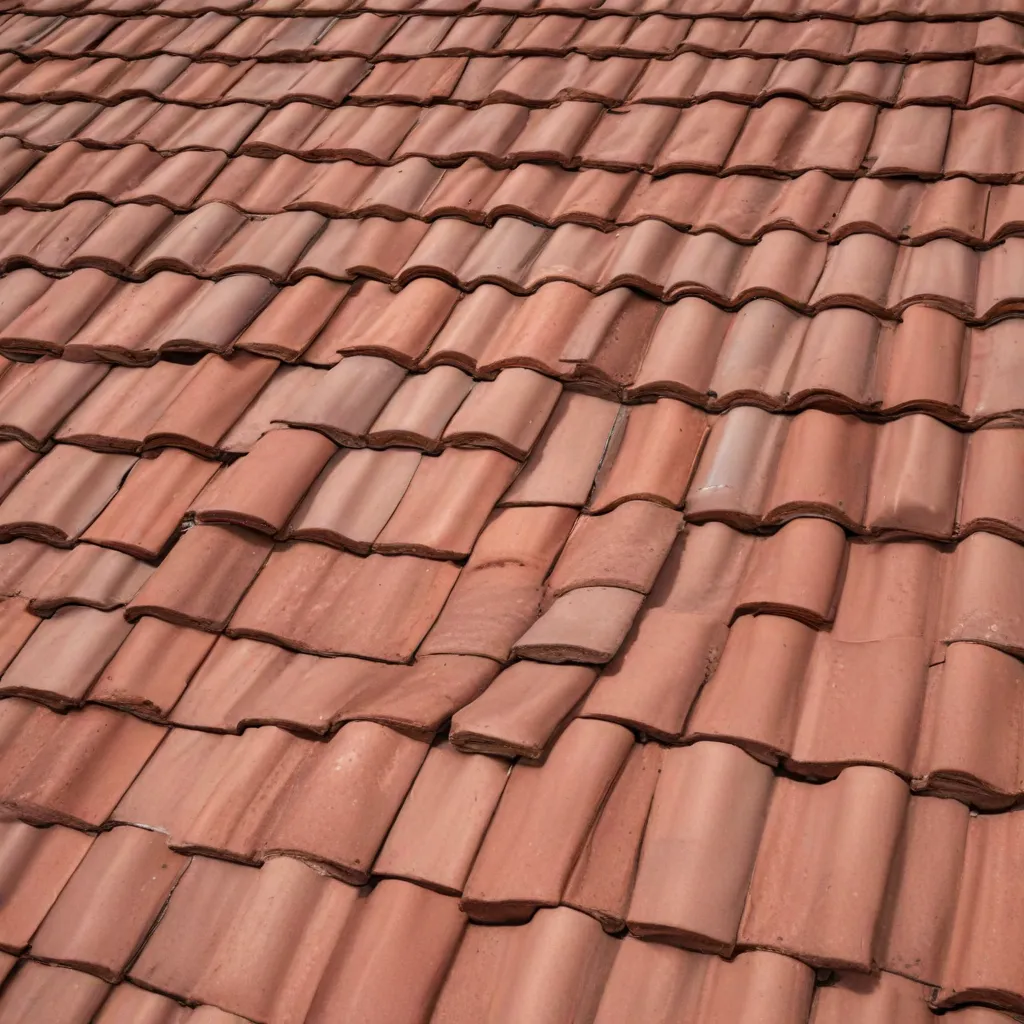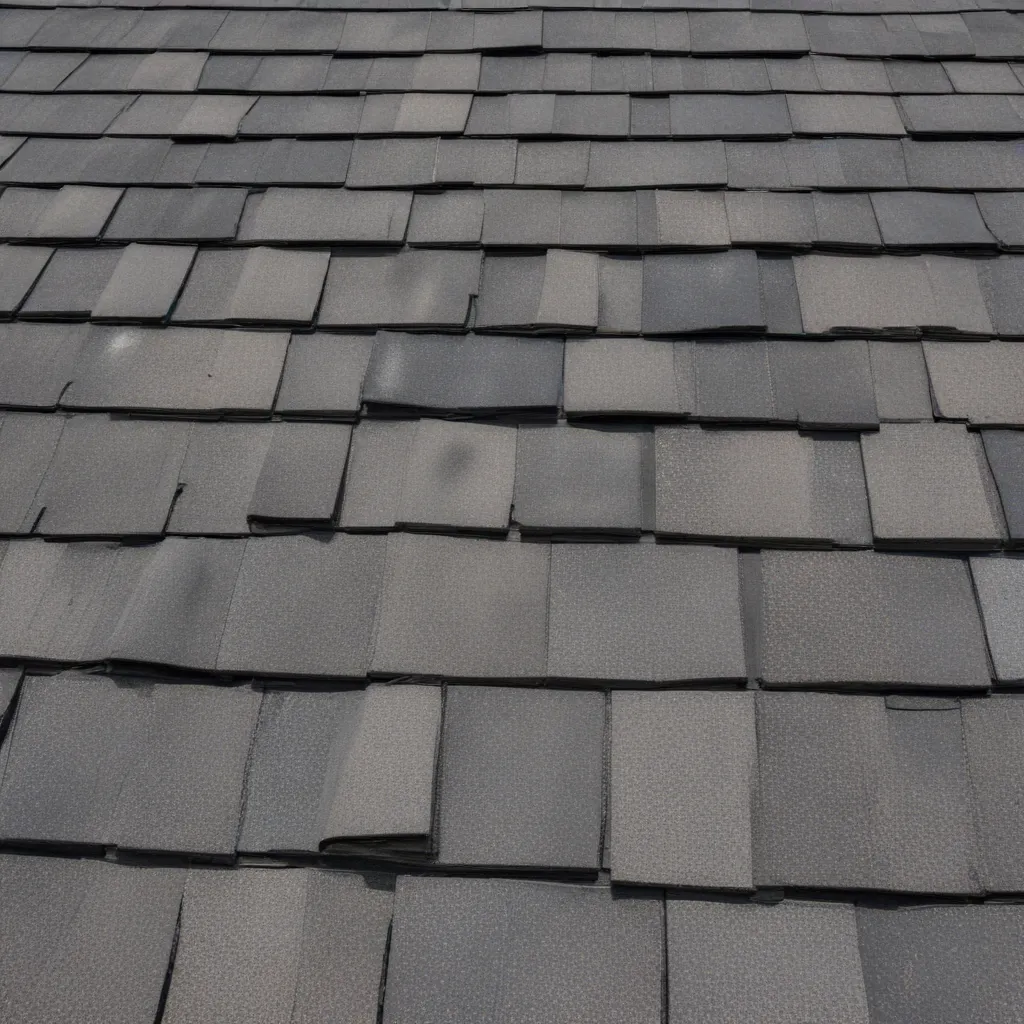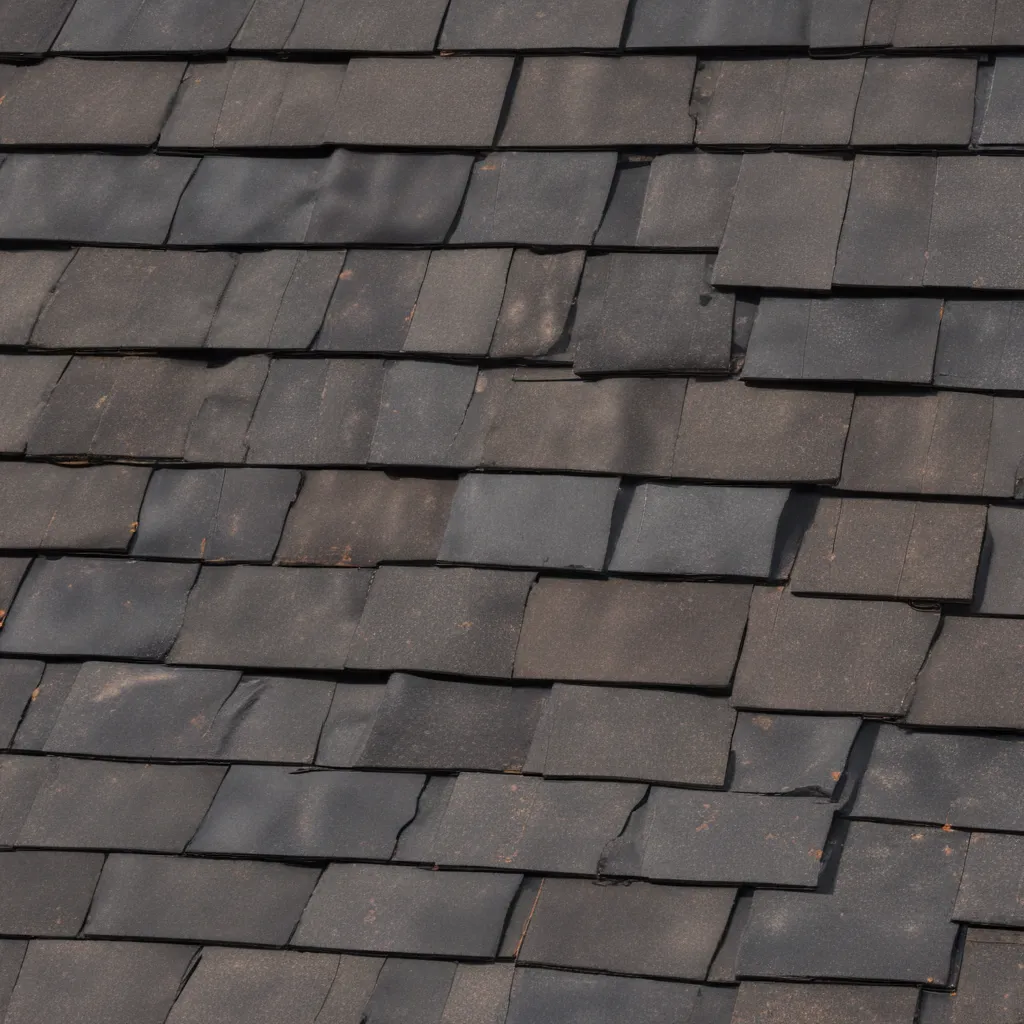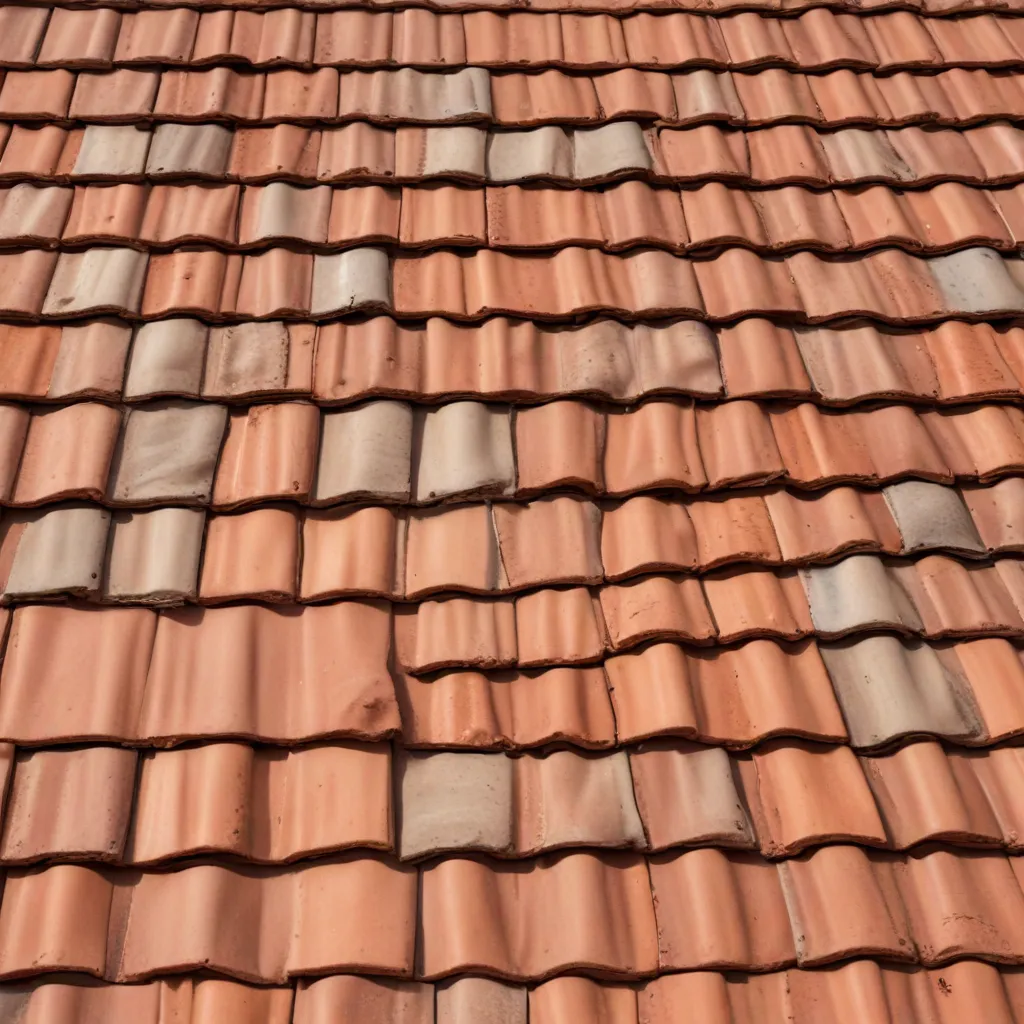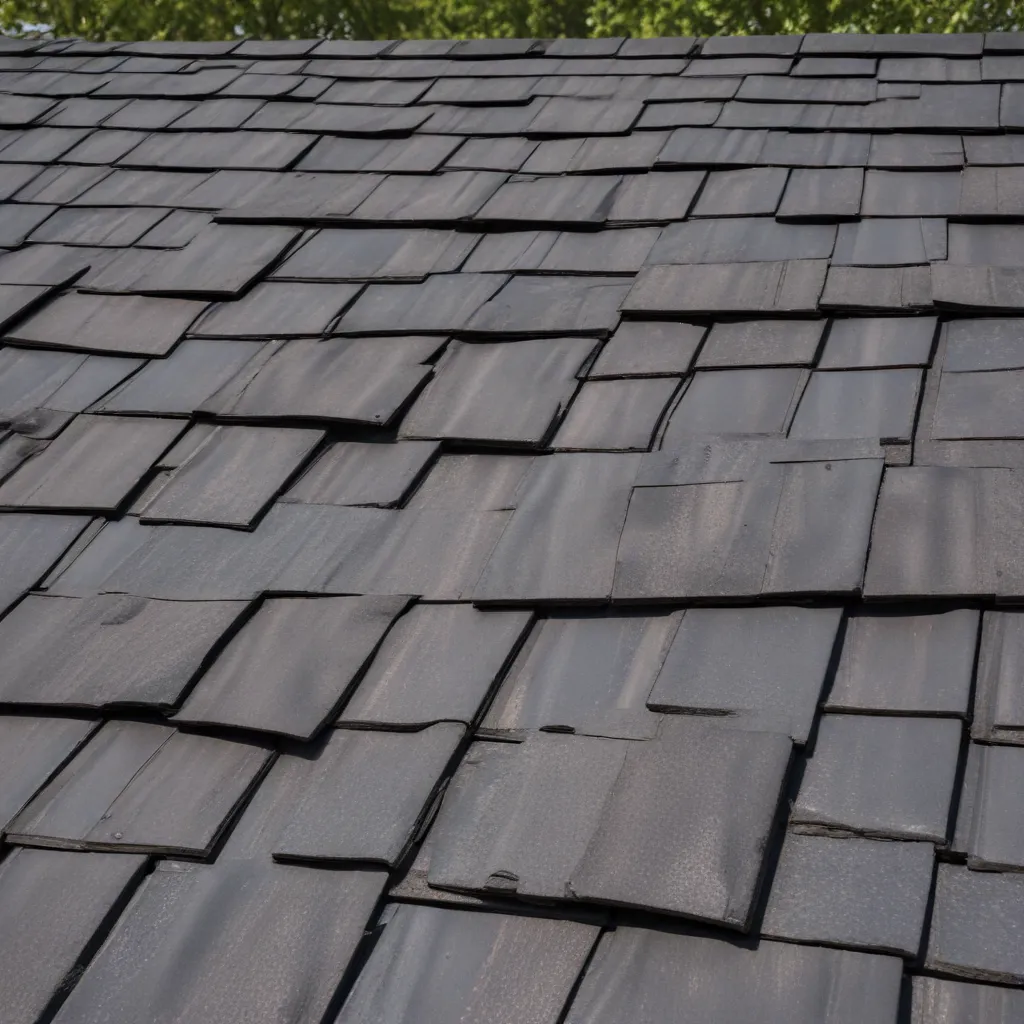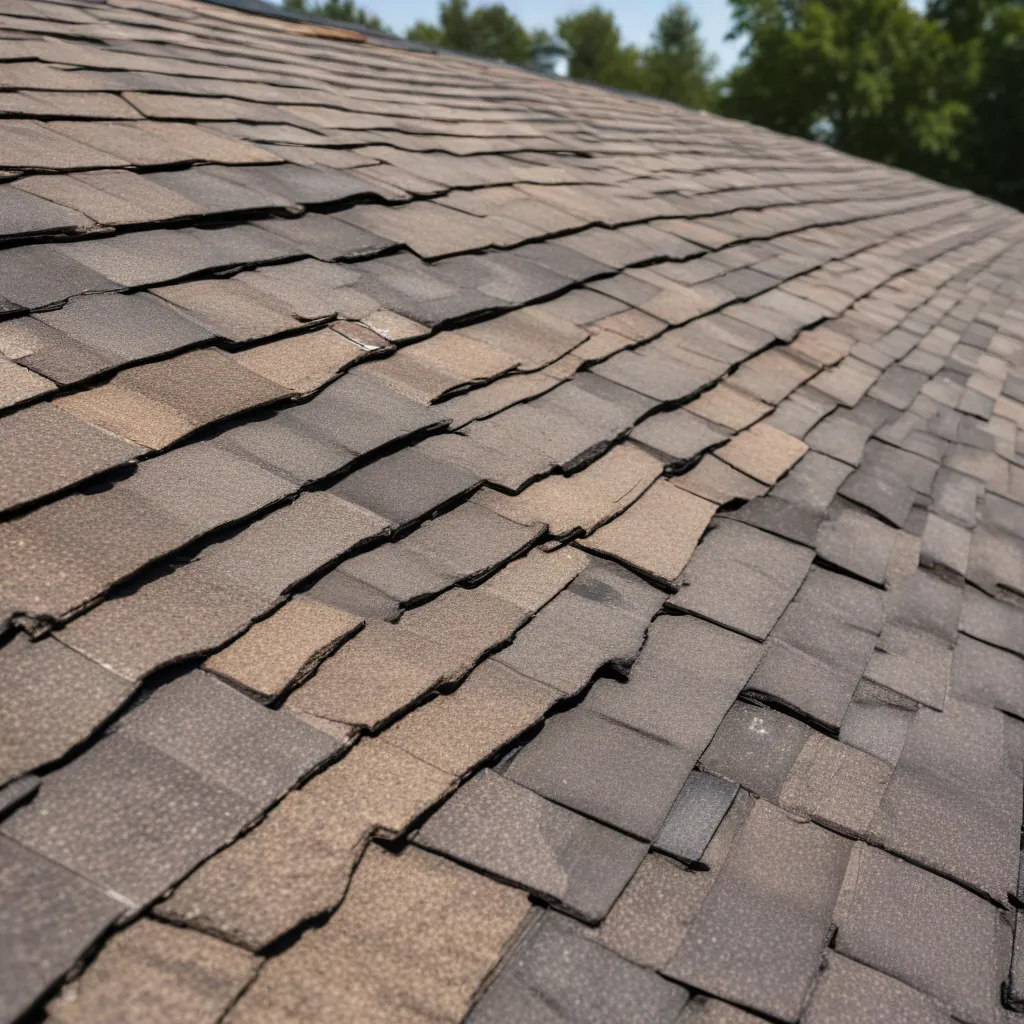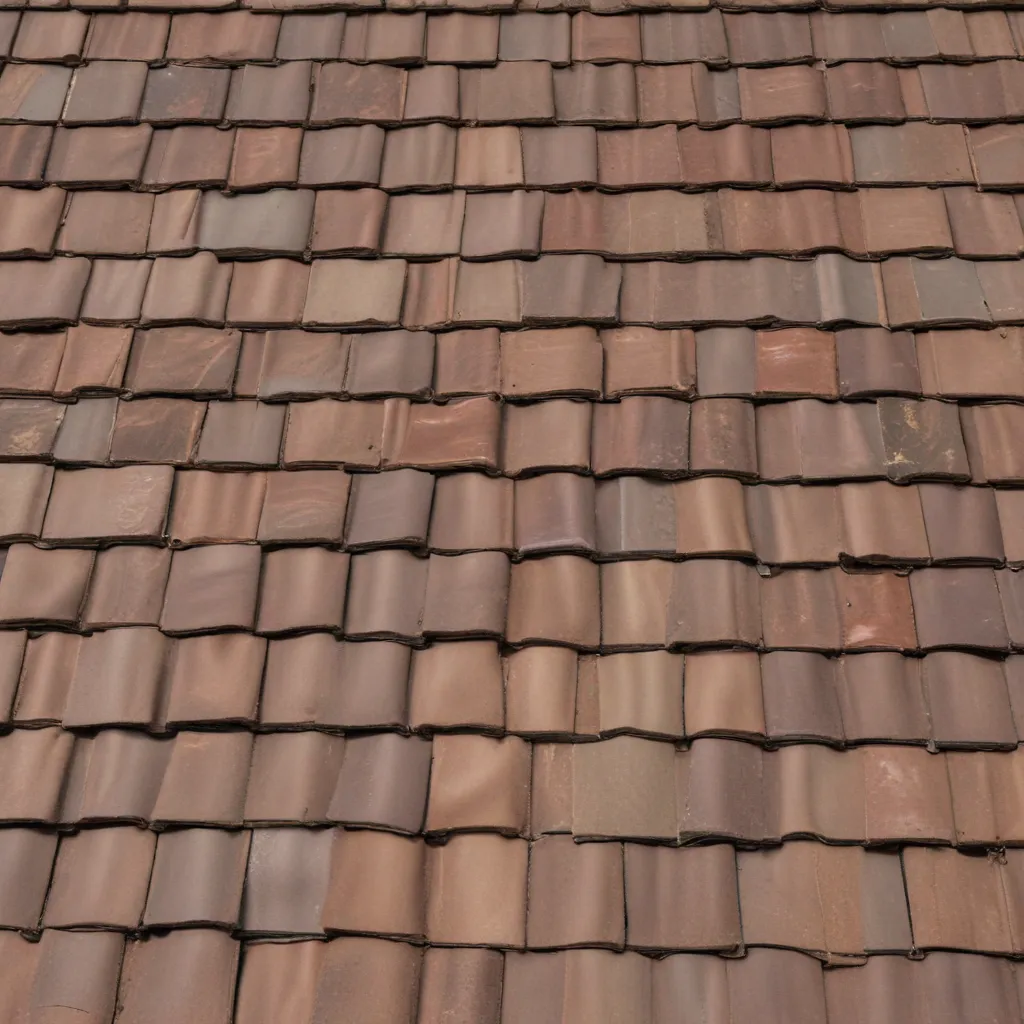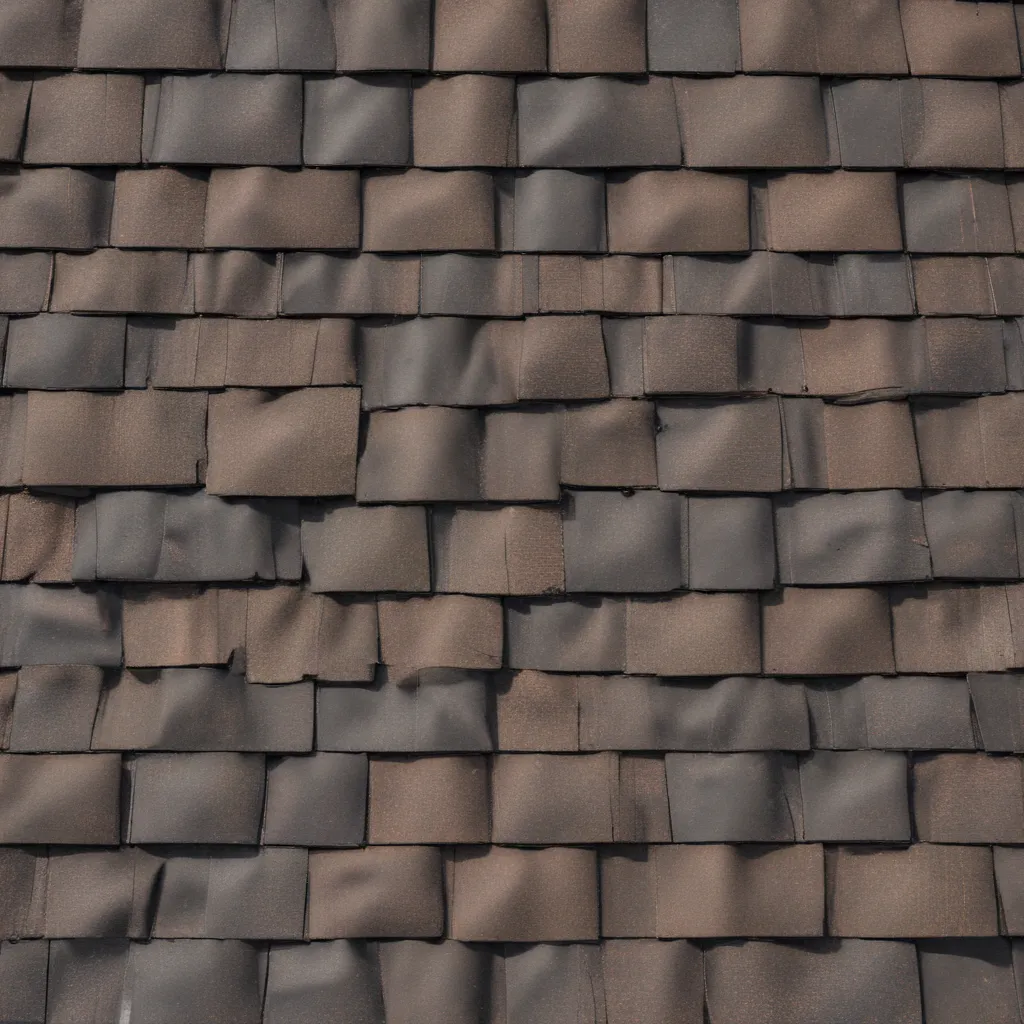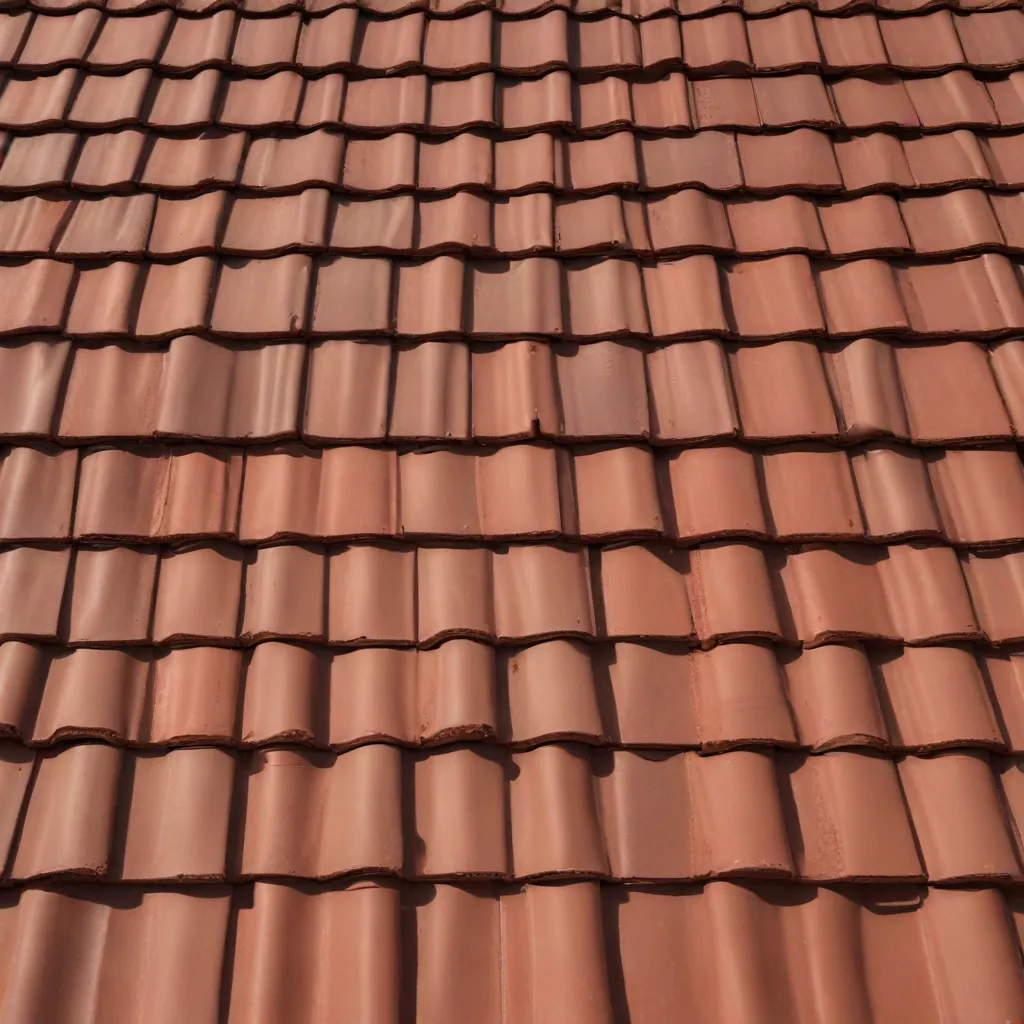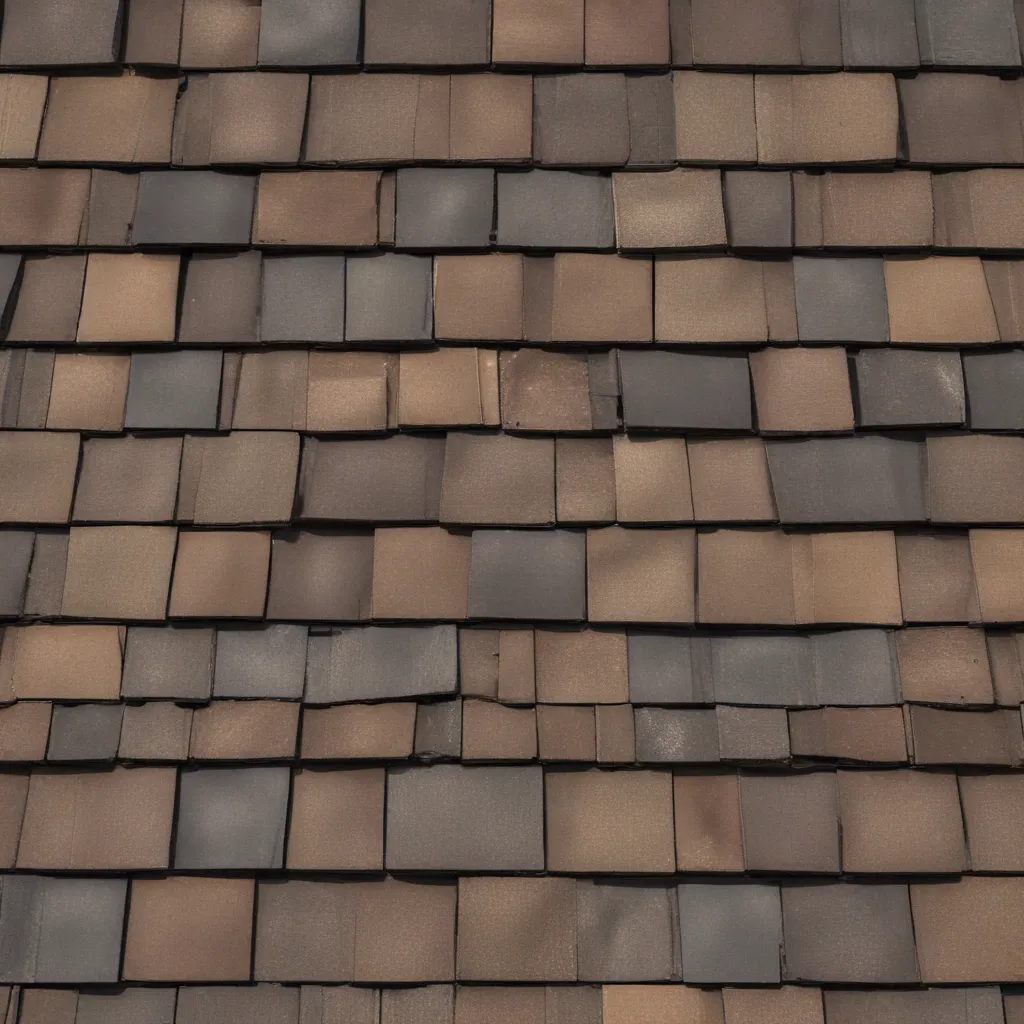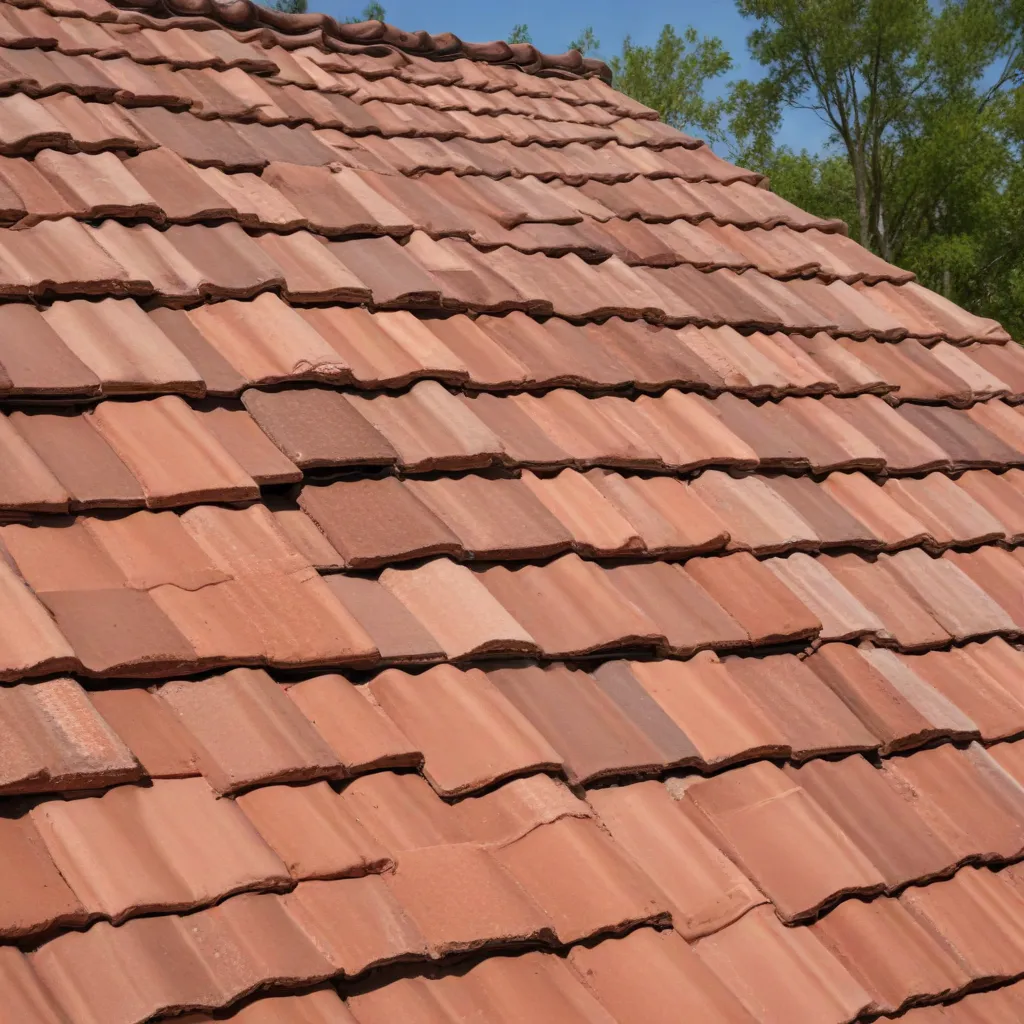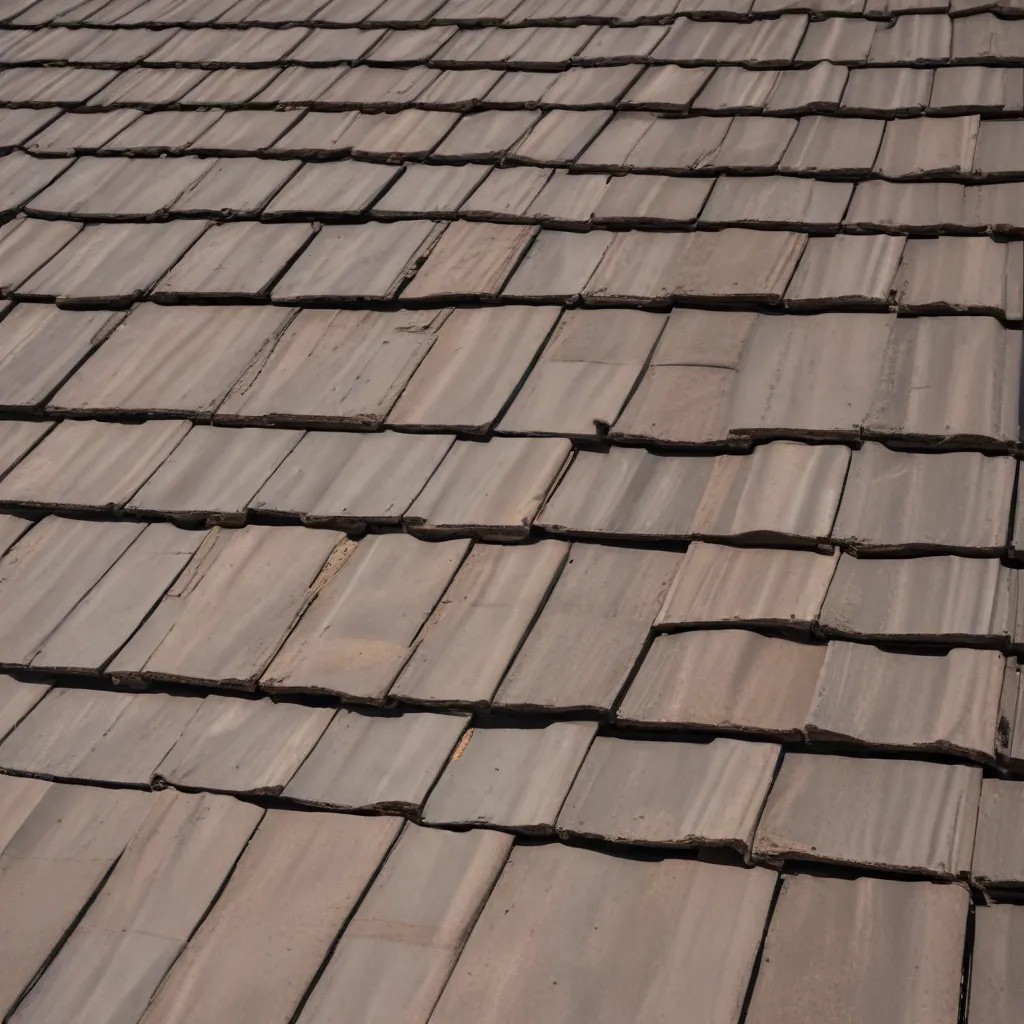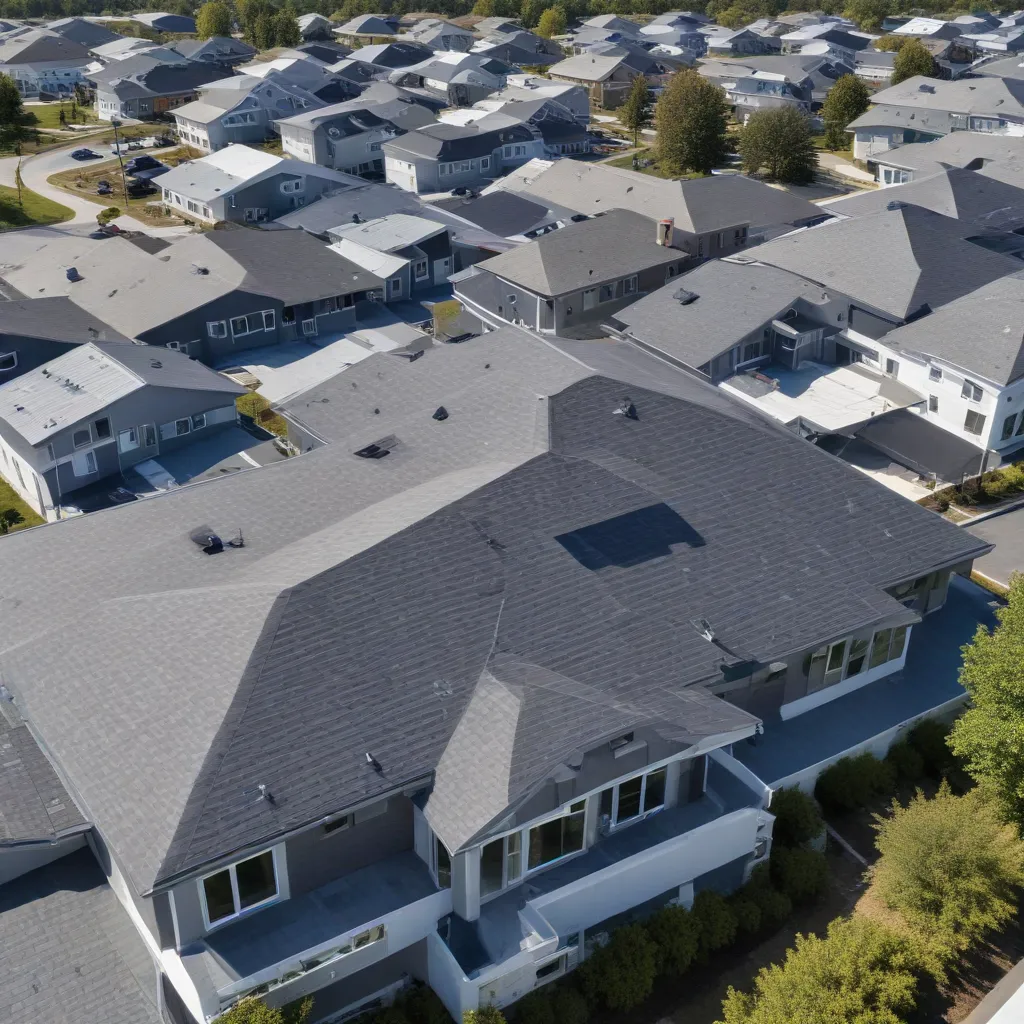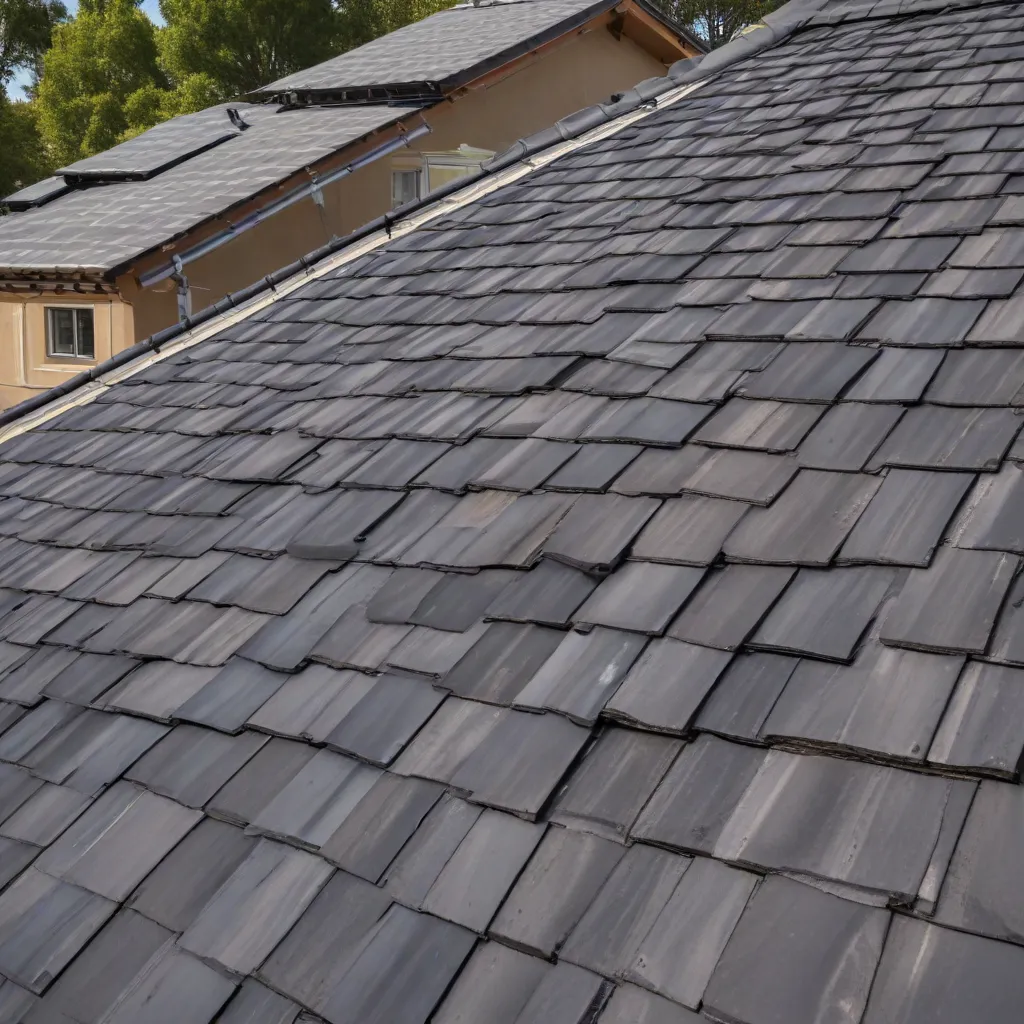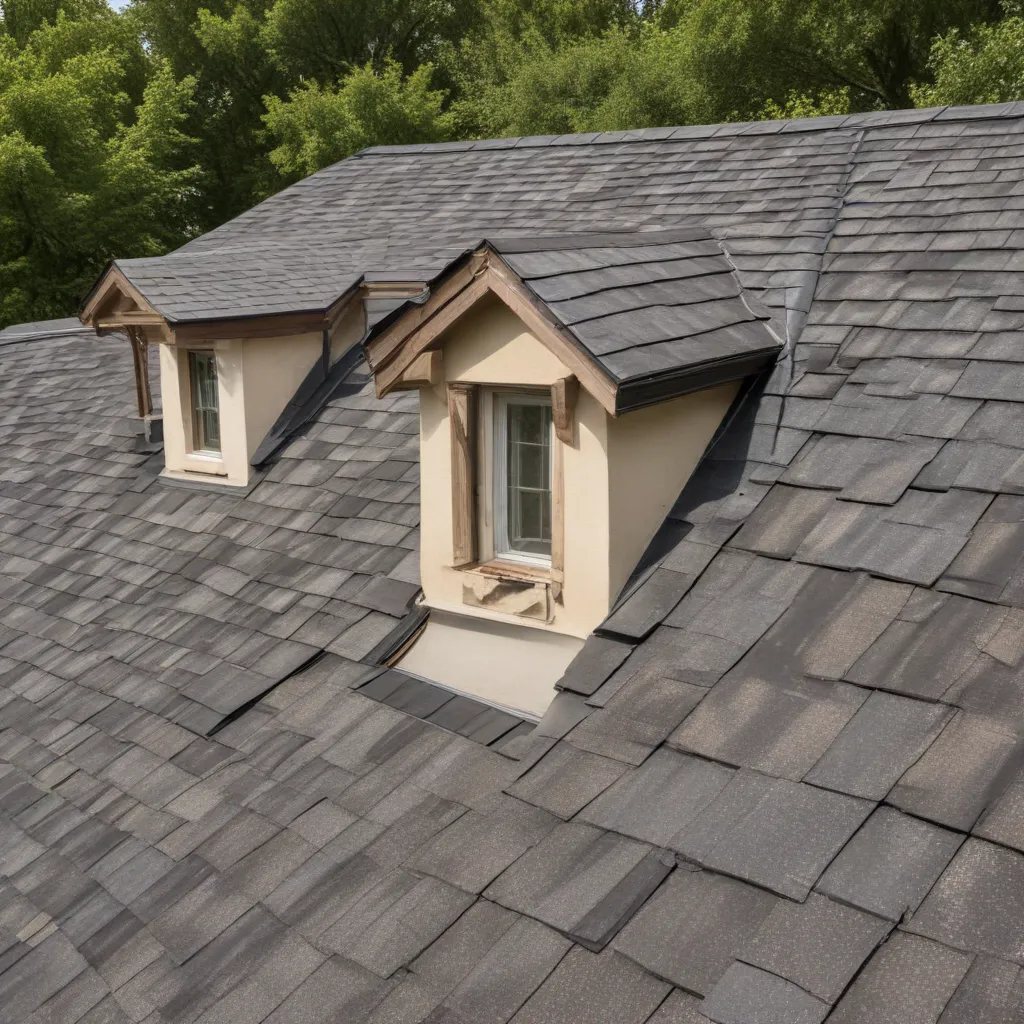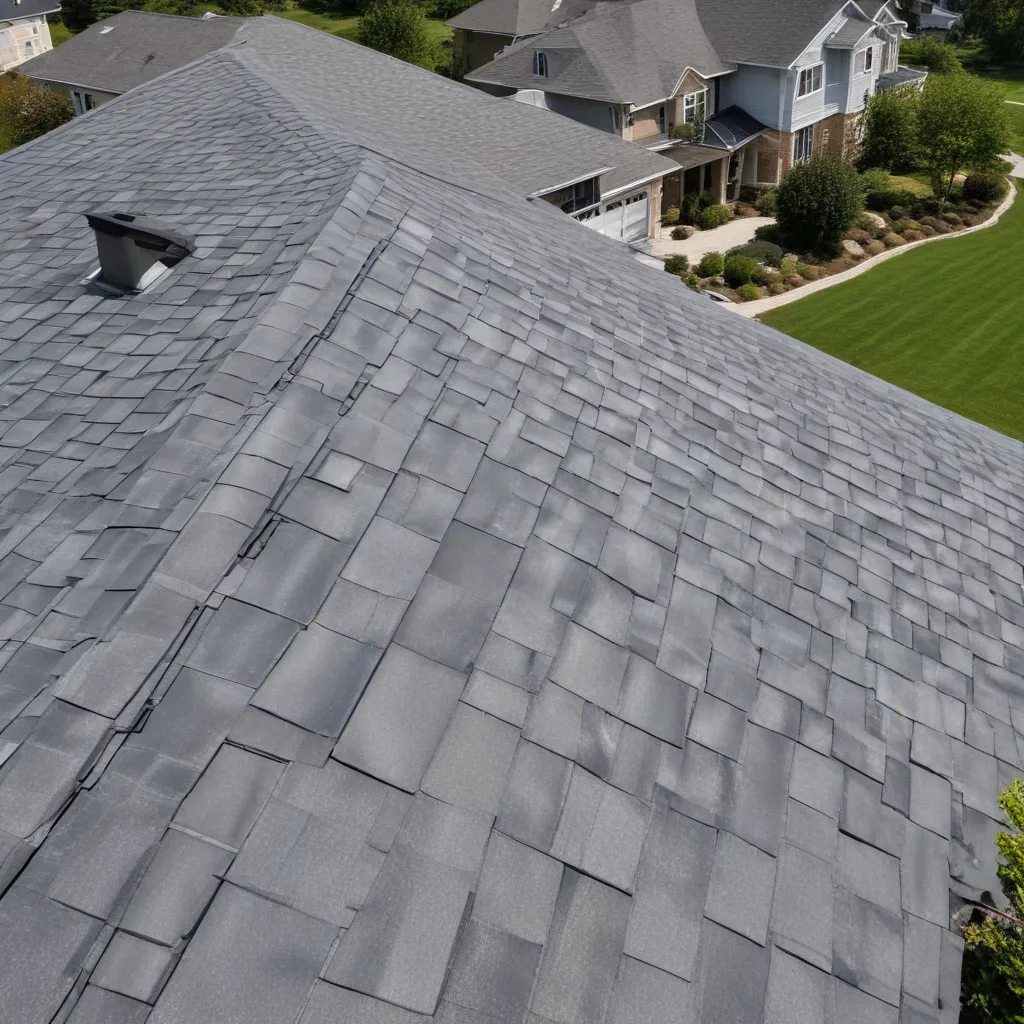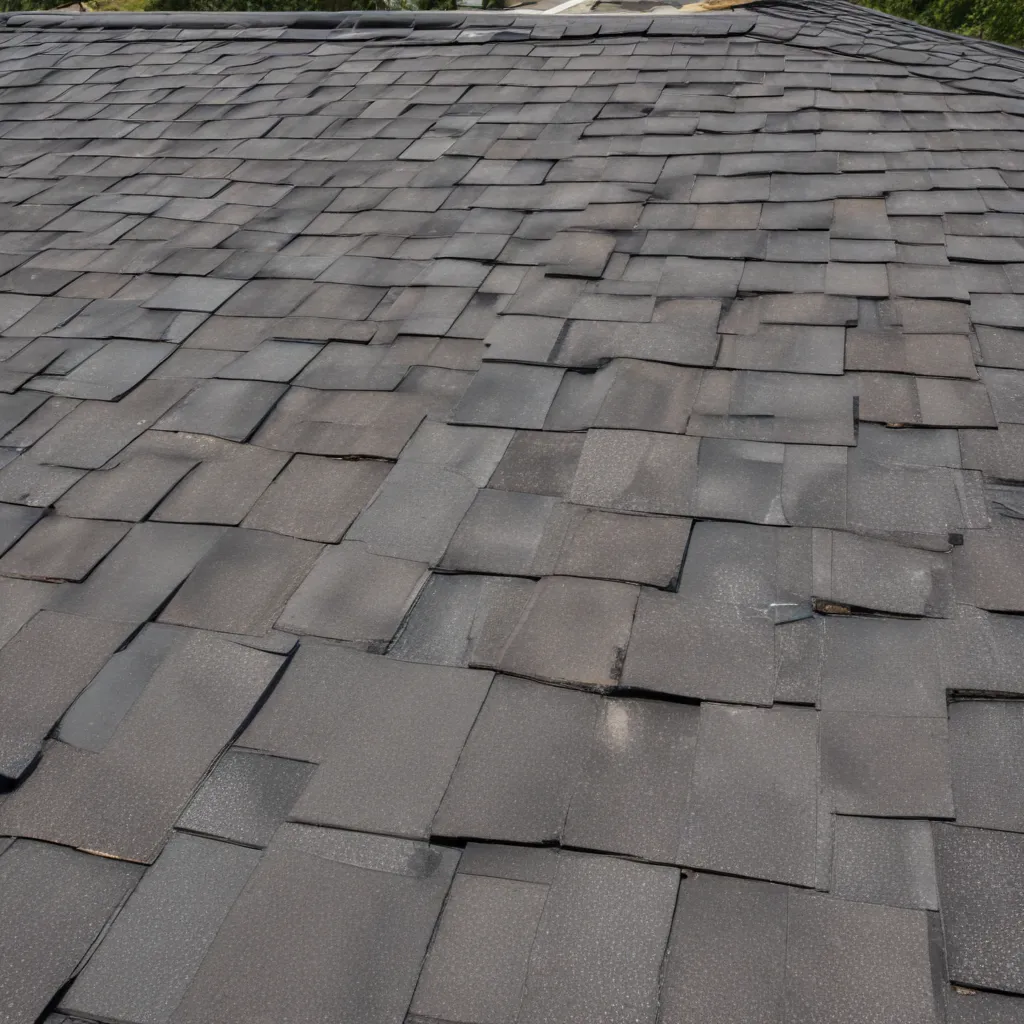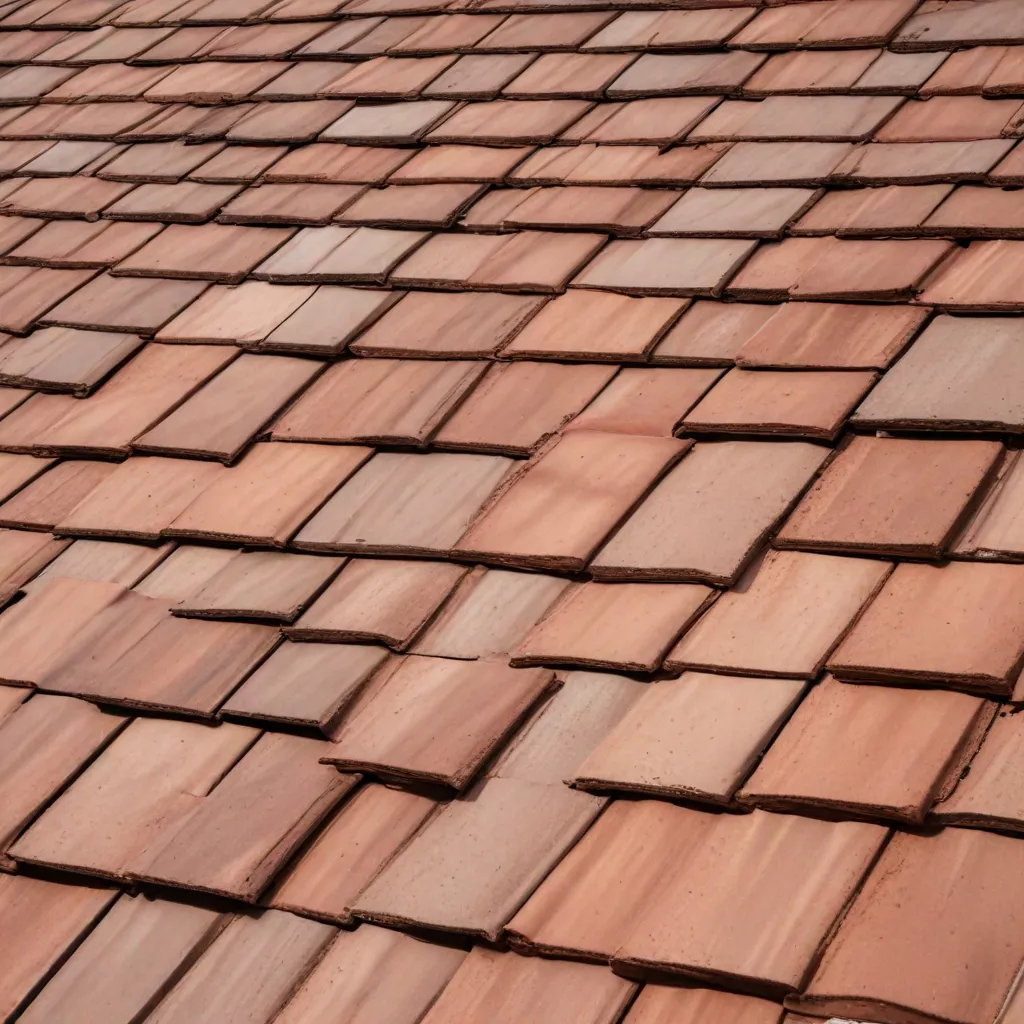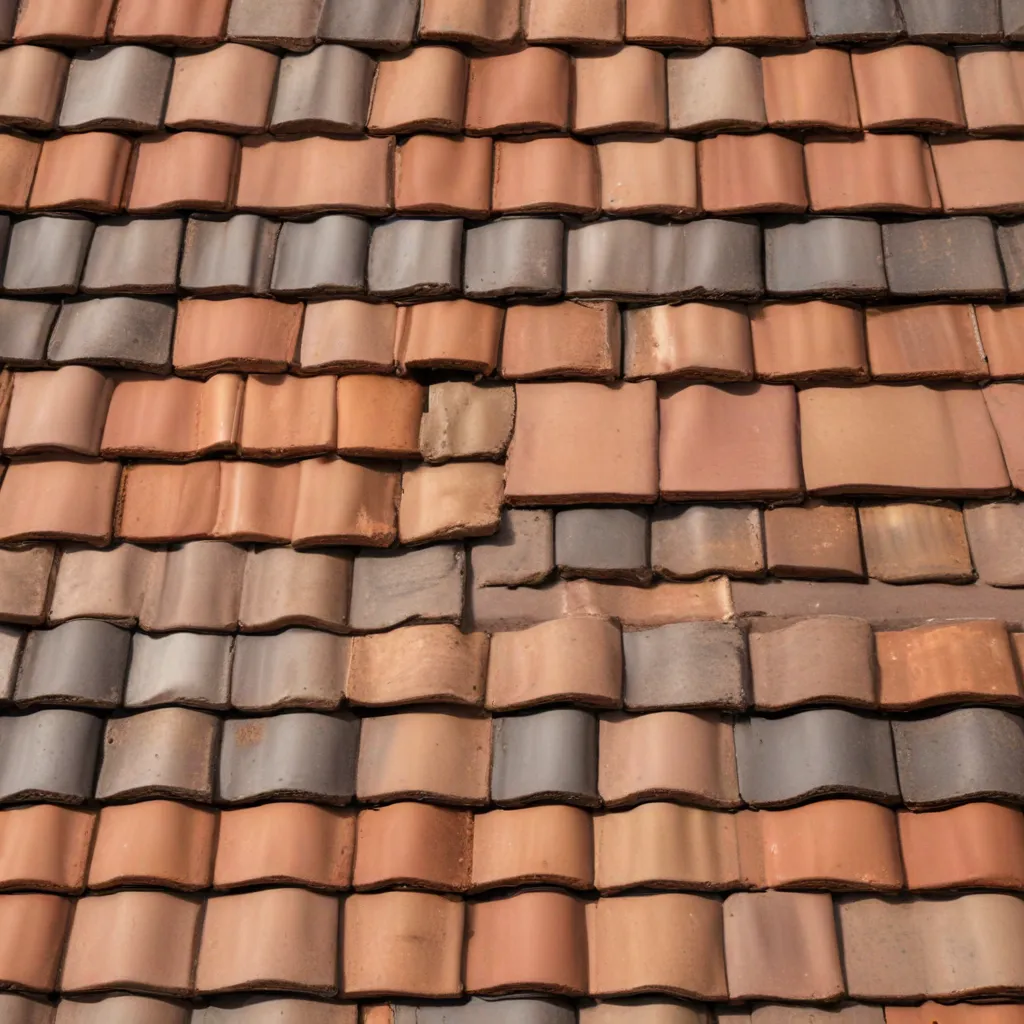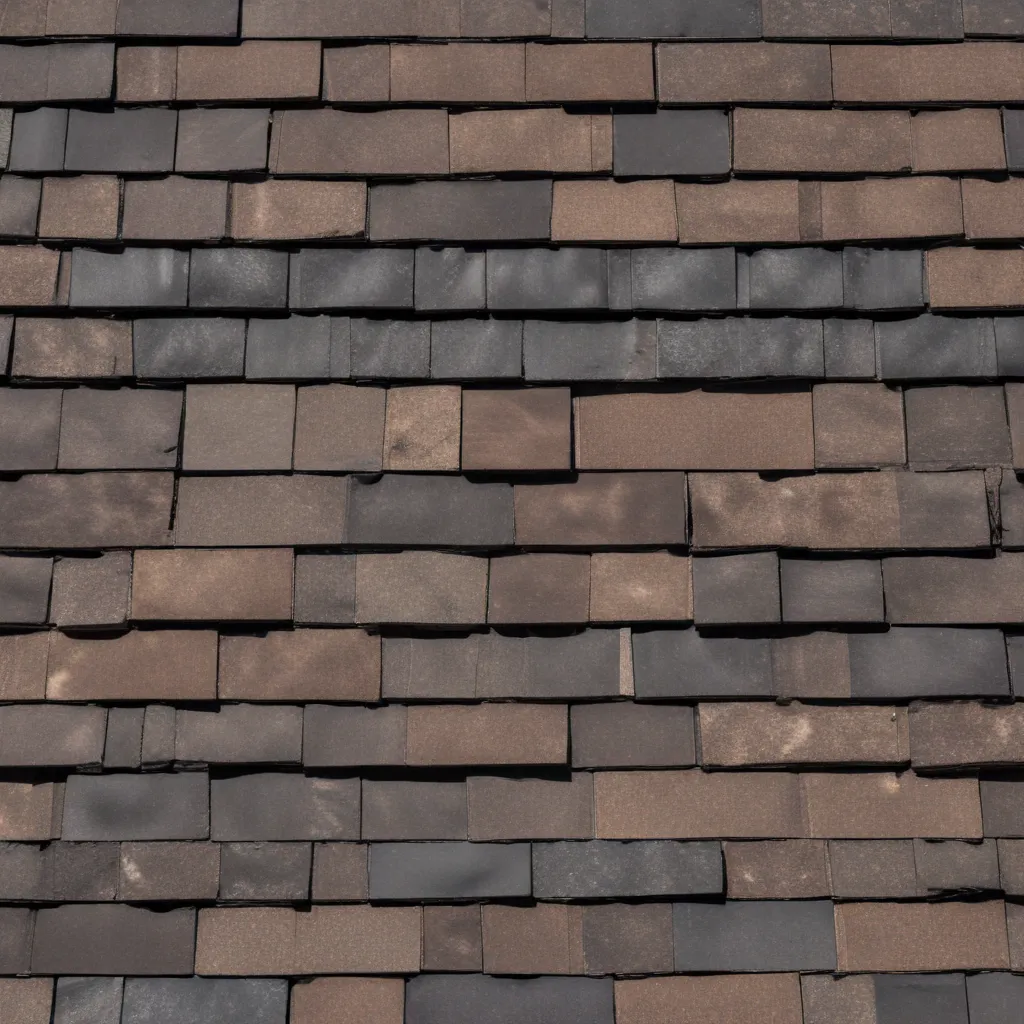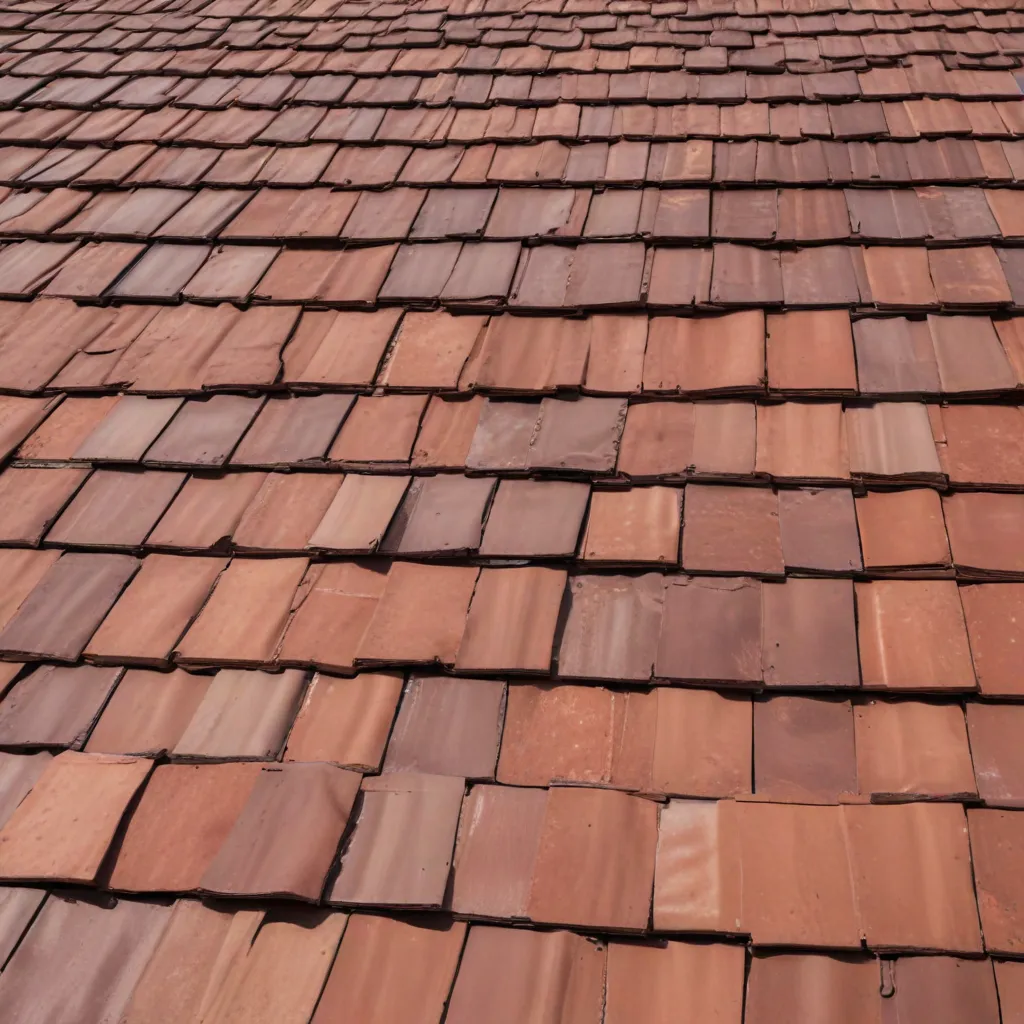When it comes to maintaining our homes, there are certain tasks that we may be tempted to tackle ourselves in order to save some money. One such task is roofing repairs or installations. However, what many homeowners fail to realize is that DIY roofing can come with hidden hazards that can lead to costly mistakes and even pose a risk to personal safety.
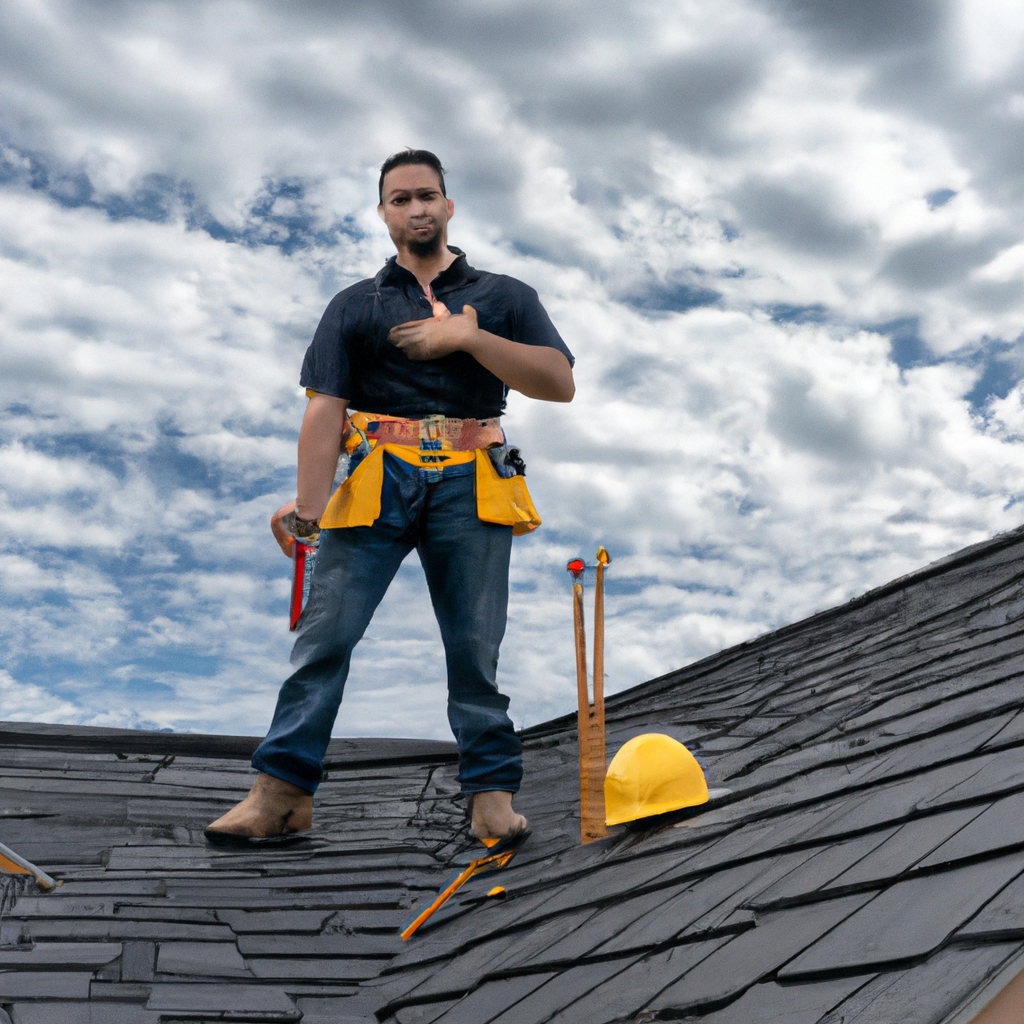
In this comprehensive guide, we aim to shed light on the potential dangers and pitfalls associated with DIY roofing. By understanding these hazards, you can make an informed decision about whether to take on the roofing project yourself or hire a professional contractor. Let’s delve into the details and uncover what every homeowner should know.
1. The Risk of Inadequate Knowledge and Experience
Roofing is a specialized skill that requires extensive knowledge and experience to ensure a proper and long-lasting installation or repair. While it may seem straightforward on the surface, there are numerous technical aspects involved that can easily be overlooked by an inexperienced individual.
One of the key hazards of DIY roofing is the risk of inadequate knowledge. Without a thorough understanding of the roofing materials, techniques, and local building codes, you may unknowingly compromise the structural integrity of your roof. This can lead to leaks, water damage, and even collapse in severe cases.
2. Incorrect Material Selection
Choosing the right roofing materials is crucial for the longevity and effectiveness of your roof. Different regions have varying weather conditions, and the materials suitable for one area may not be suitable for another. Additionally, the architectural style of your home and personal preferences also play a role in material selection.
DIY roofing projects often suffer from incorrect material selection due to a lack of expertise in understanding the specific requirements. Using subpar materials or mismatched components can result in premature deterioration and vulnerability to weather elements like wind, rain, and snow.
3. Improper Installation Techniques
Proper installation techniques are vital to ensure a secure and durable roof. Without the necessary knowledge and experience, DIY enthusiasts may unknowingly employ incorrect installation methods, leading to significant problems down the line.
Improperly installed roofing materials can result in poor ventilation, inadequate insulation, and compromised structural integrity. These issues can contribute to higher energy bills, moisture buildup, and even the growth of mold and mildew.
4. Safety Risks and Personal Injury
Roofing work involves working at elevated heights, which inherently poses a risk of falls and injuries. Professional roofing contractors undergo rigorous training to ensure their safety and use specialized equipment to minimize the risks involved.
Attempting DIY roofing without the proper safety measures can have severe consequences. Falls from roofs can result in fractures, head injuries, and even fatalities. It is crucial to prioritize personal safety and consider the potential risks before deciding to handle roofing tasks independently.
5. Lack of Warranty Protection
Roofing materials and professional roofing services often come with warranties that provide coverage for certain issues that may arise. However, when homeowners opt for DIY roofing, they miss out on the protection and peace of mind that warranties offer.
Without a warranty, any problems that arise from faulty installation or subpar materials become the sole responsibility of the homeowner. This can lead to additional expenses and headaches down the line, making the initial cost savings of DIY roofing seem insignificant in comparison.
6. Time and Effort Investment
DIY roofing projects may seem like a cost-effective option initially, but they often require a significant investment of time and effort. Roofing work can be physically demanding and time-consuming, especially for those without prior experience.
Homeowners must consider whether they have the necessary time and energy to dedicate to a DIY roofing project. In many cases, it may be more efficient and practical to hire professional roofing contractors who can complete the job efficiently and effectively.
7. Importance of Professional Expertise
While DIY projects can be rewarding, roofing is a task best left to professionals. Professional roofing contractors possess the expertise, knowledge, and experience required to navigate the complexities of roofing projects.
By hiring a professional, you can ensure that your roof is installed or repaired correctly, using the right materials and techniques. Additionally, professionals are up-to-date with the latest industry standards and building codes, providing you with peace of mind and long-term protection for your home.
Conclusion
In conclusion, DIY roofing projects come with hidden hazards that can have serious implications for homeowners. The risks of inadequate knowledge and experience, incorrect material selection, improper installation techniques, safety risks, lack of warranty protection, and the significant time and effort investment all point to the importance of professional expertise in roofing.
While DIY projects can be fulfilling in many areas of homeownership, roofing should not be taken lightly. It is essential to prioritize safety, quality, and long-term protection for your home by entrusting roofing tasks to professional contractors. By doing so, you can avoid costly mistakes, ensure the structural integrity of your roof, and enjoy the peace of mind that comes with a job well done.

